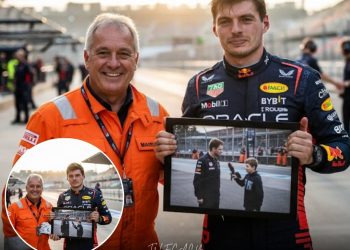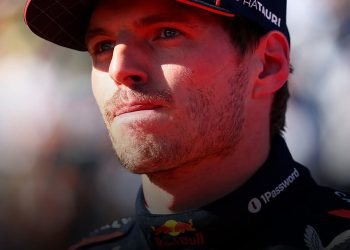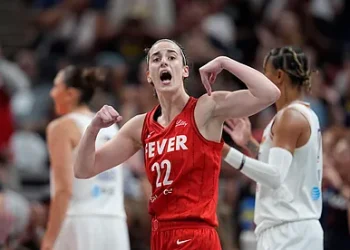Lando Norris has reignited his championship campaign with a masterful victory in Mexico City, reclaiming the Formula 1 title lead from Oscar Piastri after fifteen grueling rounds of fluctuating fortunes. His commanding performance — both clinical and emotionally charged — marked the most complete weekend of his career, silencing critics who claimed he’d fallen short of challenging his teammate under pressure. Once marred by inconsistency and self-inflicted errors, Norris’s resurgence has been a calculated redemption arc defined by technical adaptation, mental fortitude, and unrelenting precision behind the wheel.
For months, Piastri had appeared unshakable — the calm, calculating newcomer outpacing his senior teammate through a blend of intellect and adaptability. Norris, on the other hand, faltered through confidence dips and mechanical discomforts that fractured his rhythm early in the season. But what began as a battle of performance soon evolved into a psychological duel. A decisive change came mid-season when Norris abandoned his steering wheel’s reference timer, a quiet but transformative decision that freed him from overanalyzing his laps. From that moment, his natural rhythm returned, translating into sharper qualifying form and renewed composure. The British driver’s renewed focus turned what was once a deficit into an improbable surge toward the summit.
Yet, in the same breath that Norris rediscovered his flow, Piastri’s meteoric rise revealed its double-edged nature. His own precision — once his greatest weapon — began to waver under the mounting strain of title pressure. After a near-flawless first half of the season, uncharacteristic errors in Austin and Mexico opened the door for Norris’s charge. Analysts observed that while Norris had evolved technically, Piastri had stagnated slightly, unable to translate data-driven adaptation into the raw confidence that once defined his racecraft. In a sport where fractions define fates, the Australian’s minor lapses became costly at the worst possible time.
The rivalry’s intensity has not merely reshaped McLaren’s internal hierarchy; it’s redefined the emotional narrative of the 2025 season. What was once a quiet mentorship has transformed into a high-stakes duel between equals — one driven by pride, redemption, and the relentless pursuit of mastery. Norris’s victories in Austin and Mexico were not just statistical triumphs; they symbolized an evolution in mindset. His post-race reflections revealed a driver who had learned to embrace simplicity — trusting instinct over information, flow over calculation. His engineering team’s mid-season revisions, coupled with his own self-awareness, have forged a synergy that now makes him the most complete version of himself yet.
As Formula 1 hurtles into its final four rounds, the stage is set for an electrifying conclusion — Norris leading by a single point, Piastri hunting redemption, and Verstappen lurking thirty-six points adrift with quiet menace. Each represents a distinct era of racing philosophy colliding at once: resilience, adaptation, and dominance. Whether Norris sustains his momentum or Piastri claws back the lead, one truth has crystallized — this championship is no longer just about speed. It’s about evolution under fire, and how two McLaren drivers turned an internal war into one of the most compelling stories Formula 1 has seen in years.






